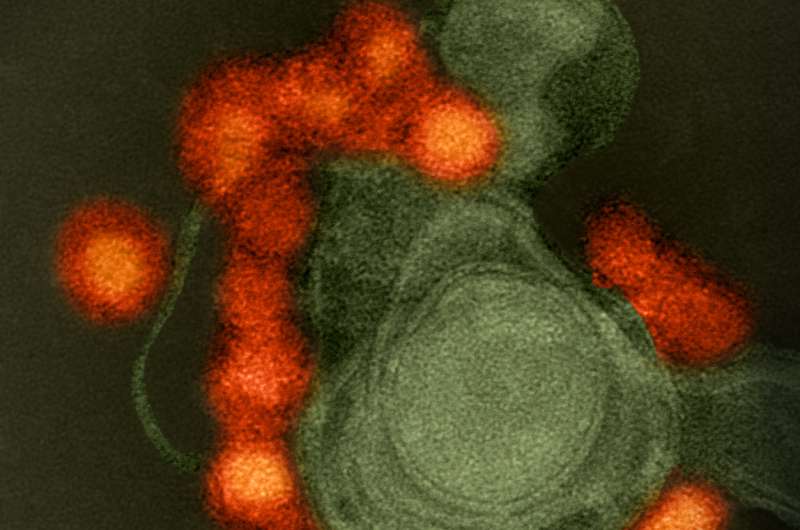CDC shutters command center for Zika monitoring

With Zika waning in the Caribbean and South America, the Centers for Disease Control and Prevention announced on Friday that the federal agency was deactivating the command center for monitoring and coordinating emergency response to the virus.
The CDC's Emergency Operations Center for Zika response was activated in January 2016 in response to the public health threat as the virus spread rapidly through South America and the Caribbean.
But now, the federal agency said, it will handle the response to Zika as a "routine, long-term activity," noting that the virus still poses a danger because it can cause birth defects and neurological problems in children born to women infected during pregnancy.
CDC officials also emphasized that the closure of the Zika emergency response center did not lessen the threat of Zika, nor does it mean that local spread of the virus will not recur in Florida or elsewhere.
Zika is primarily spread through the bite of an infected Aedes aegypti mosquito, but the virus can be difficult to detect because only one in five people infected show symptoms, which include a rash, fever, muscle and joint pain, and red eyes. There is no vaccine or treatment for the virus, which can also spread through sexual contact.
The first outbreak of Zika in the continental United States occurred in Miami's Wynwood neighborhood in summer 2016, and spread north to Miami's Little River neighborhood and across Biscayne Bay into Miami Beach. The South Florida outbreak lasted through the first week of December, when state officials declared that mosquitoes were no longer spreading Zika in South Beach.
This year, Florida health officials have reported no local outbreaks of Zika. The Florida Department of Health has reported a total of 187 Zika cases, including 103 pregnant women, as of Friday. All but one of the Florida cases were found in people who had traveled to one of the 75 countries where the World Health Organization says mosquitoes are spreading the virus.
The last confirmed case of Zika spread by mosquitoes in Florida was reported in December. Only one state, Texas, has reported a mosquito-borne infection this year.
©2017 Miami Herald
Distributed by Tribune Content Agency, LLC.

















